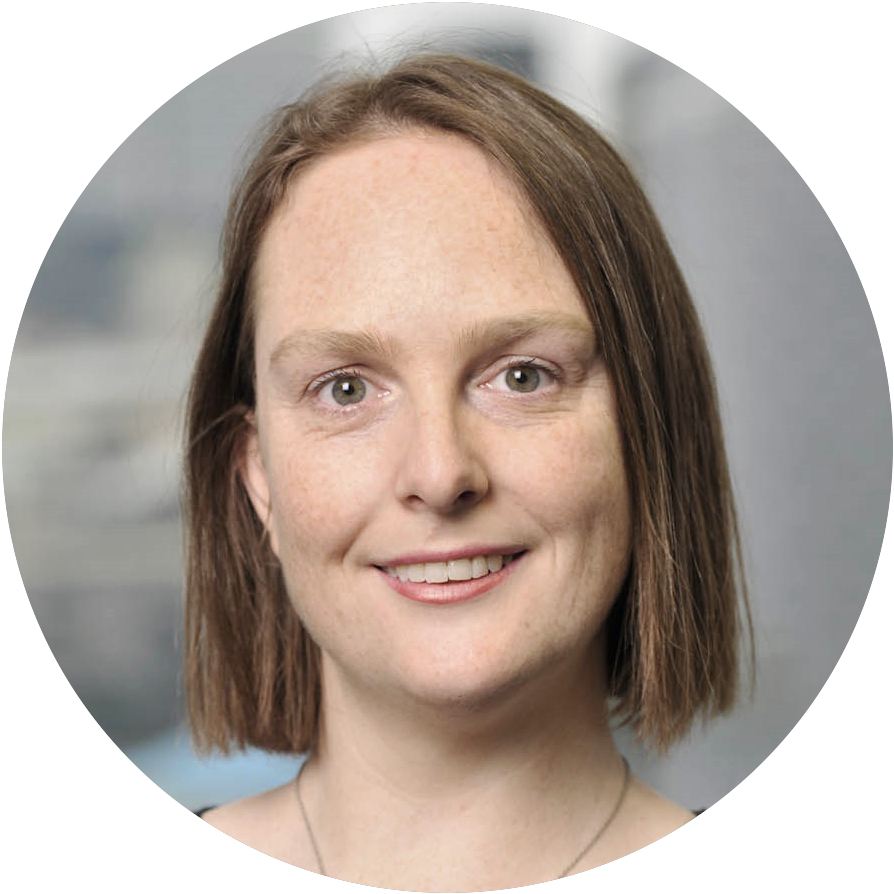🔖 PRESENTATION
Paper (parallel)
📆 DATE
Thursday 10 Sep 2020
⏰ MELBOURNE TIME
5.00 – 7.00 pm
⏰ LOCAL START TIME
time start
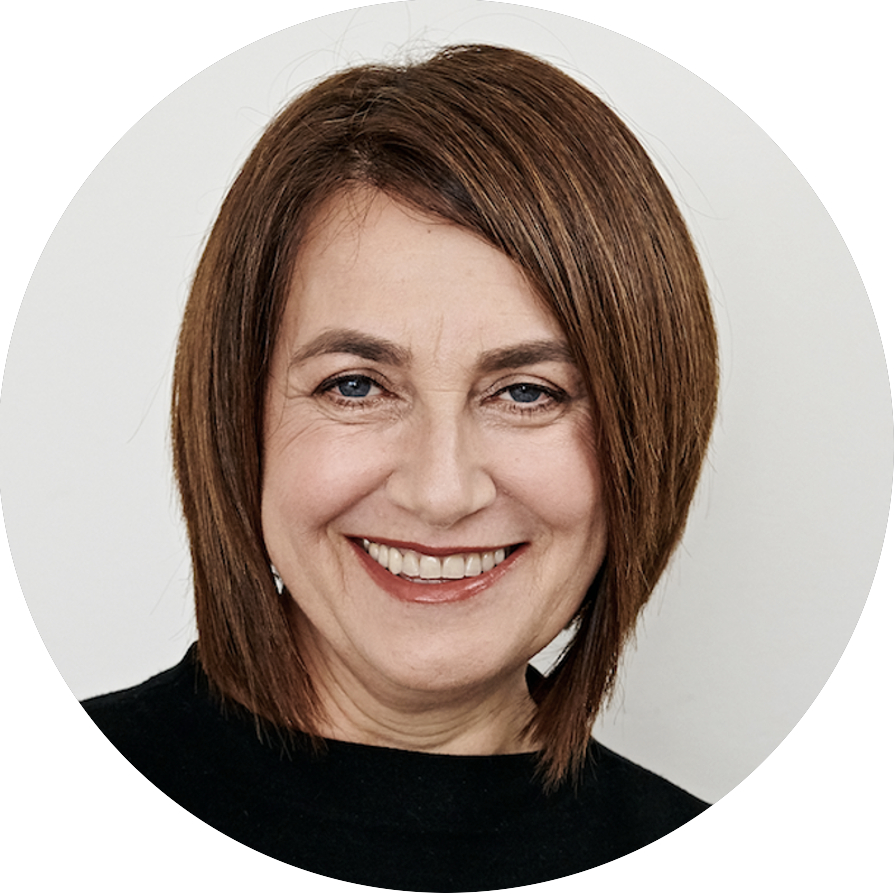
Joan Lurie
CEO, Orgonomix, Australia
Joan Lurie is the CEO of Orgonomix, a company she founded in 2008 to assist leaders and organisations to transform themselves and to function at their growing edge. Her work integrates strategy, systems thinking, complexity and adult development theory.
Joan works with executives and leadership teams to help them rewire their thinking to be more systemic, and to design and lead complex adaptive and second-order change in their organisations. With over 20 years of practice and experience, she has taken up both internal corporate as well as consulting roles, helping companies achieve turnaround results – emerging new cultures, operating models and different organisational systems, whilst simultaneously building their adaptive capacity.
Through this practice and experimentation, Joan has developed OrgonomicsTM – a proprietary methodology which provides a ‘map’ for leaders to navigate the emerging complexity they face in the new economic landscape. It enables leaders to fundamentally transform their sense-making; reframe their assumptions, mental maps and roles; and repattern their organisational systems for new ways of relating and operating, to achieve higher order functioning and performance.
Joan has two Masters Degrees, one in Adult Education and Development from Wits University, South Africa, and a second in Developmental Psychology, from Columbia University, New York, where she was a Fulbright Scholar.
As a developmental psychologist and systemic change leader Joan’s core purpose is to partner with leaders and organisations to help them continuously develop, adapt and grow to be fit for complexity.
⏰ DURATION
120 minutes
The ‘fairy dust’ effect of role reframing in transforming systems
In 1993 in Johannesburg South Africa in the dying days of Apartheid I was given the gift of the ‘systems glasses’ and discovered the magical power of role reframing.
At that time, I was part of an ‘activist’ team – engaged by the CEO of a listed company to help transform the organisational culture – to break down racism, bridge the divide between black workers and white management and ensure affirmative action redress. In the middle of this work, which was breaking new ground and shifting these patterns in a very fraught environment, the CEO of the company invited Dr Irving Borwick to work with us, to do a second form of transformation which he perceived as equally necessary for the company survival, that of merging the 3 businesses in the group into one. A complex systemic challenge.
As a participant of Borwick’s GSAP© (Group Strategy and Action Program) I was introduced to his tools of Organisational Role Analysis (ORA) and working with systemic hypotheses. I shared in and witnessed how these methods enabled the merger to happen within 9 months, with very little ‘noise’ or turbulence. It helped us reframe thousands of roles both at the individual and subsystem level, shift boundaries to form new subsystems, and repattern how these roles and subsystems related and functioned together all the while improving company performance and organisational flow. It defied merger trends, but also fundamentally reframed my understanding of organisational systems and how they change.
I continued to work with Borwick on and off for the next 30 years. Learning and applying these systemic practices with similar transformative results across diverse contexts.
In this session I will share some of these case studies, outline these practices, how they have grown and evolved and work as a symphony to bring about second-order change. Sharing this experiential research, contrasting it with other systemic practices, I will outline why I believe it has become an indispensable leadership scaffold for our current context and age of complexity.
Day(s)
:
Hour(s)
:
Minute(s)
:
Second(s)
Session schedule
10 MINS
Introduction
30 MINS
Paper presentation
15 MINS
Small group discussion; impressions of the paper and developing questions for the presenter
15 MINS
Discussion forum with the presenter; moderated for the speaker to elaborate their ideas
15 MINS
Small group activity or discussion ‘What does this paper tell us about working into the future?’
15 MINS
Discussion forum with the presenter; themes from the discussions
20 MINS
Break
Share this presentation!
Parallel Paper Presentations
The following are presenting at this time
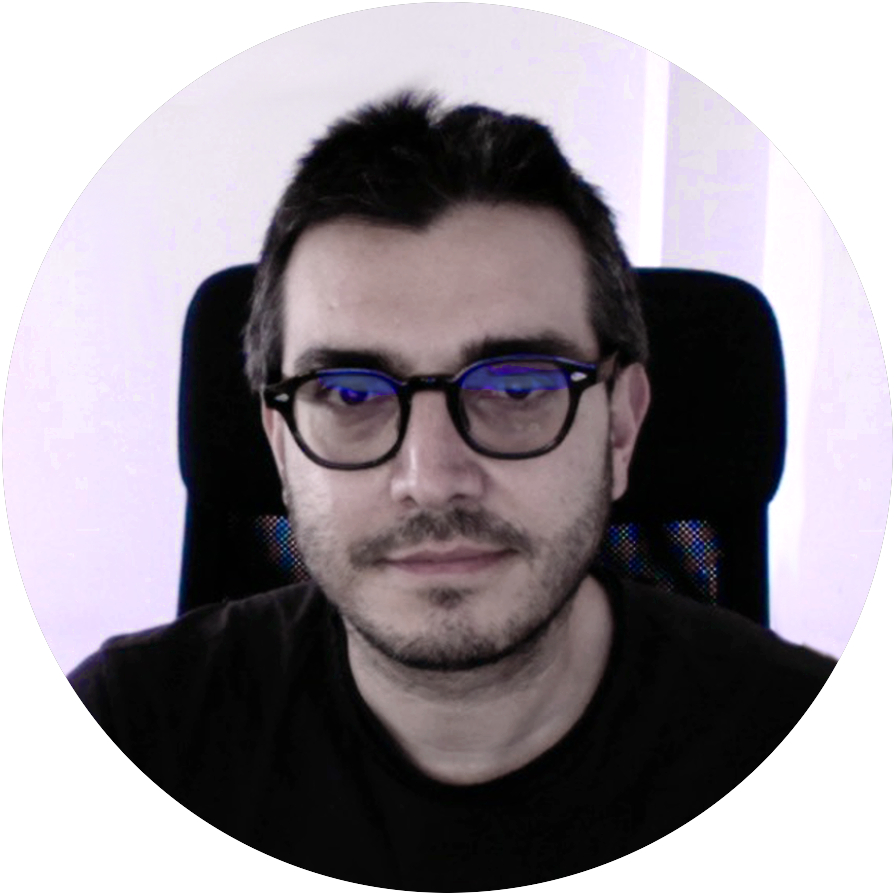
DR DOMENICO AGRESTA
“Mapping the Unconscious". Culture or Tragedy? A psychosocial program of Social Dreaming Matrix with refugees and immigrants.
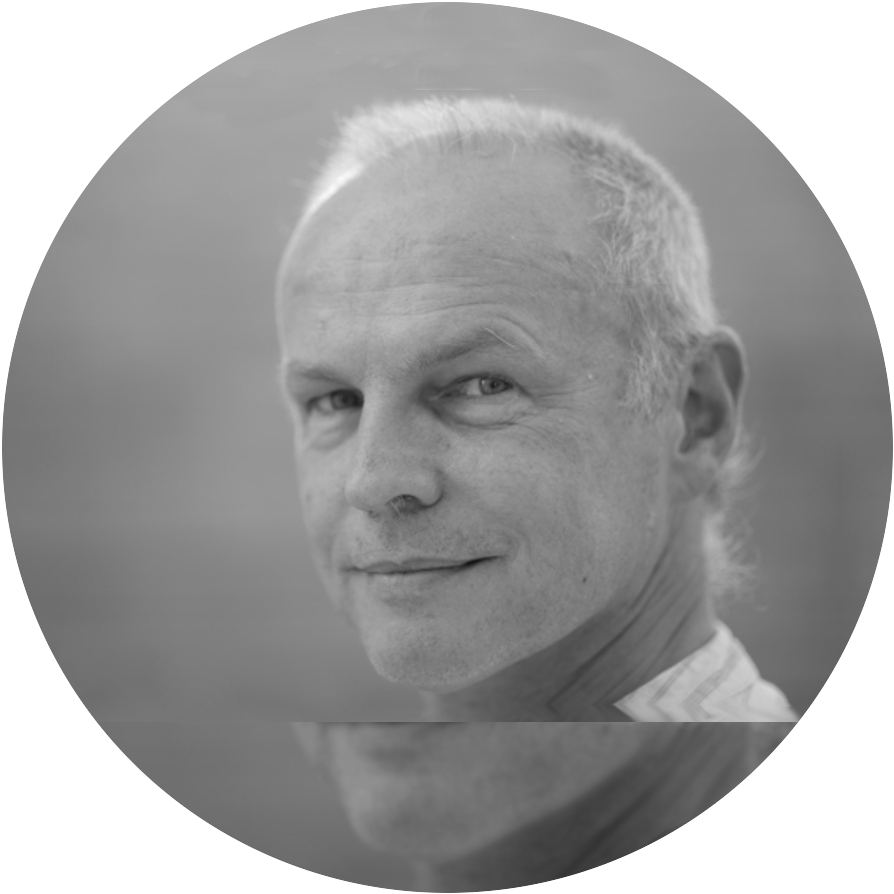
MR MARK ARGENT
The unconscious side of technology: where does it land in organisations?

DR KATE DEMPSEY
Does the university offer a safe haven for its students and its staff?

JOAN LURIE
The ‘fairy dust’ effect of role reframing in transforming systems
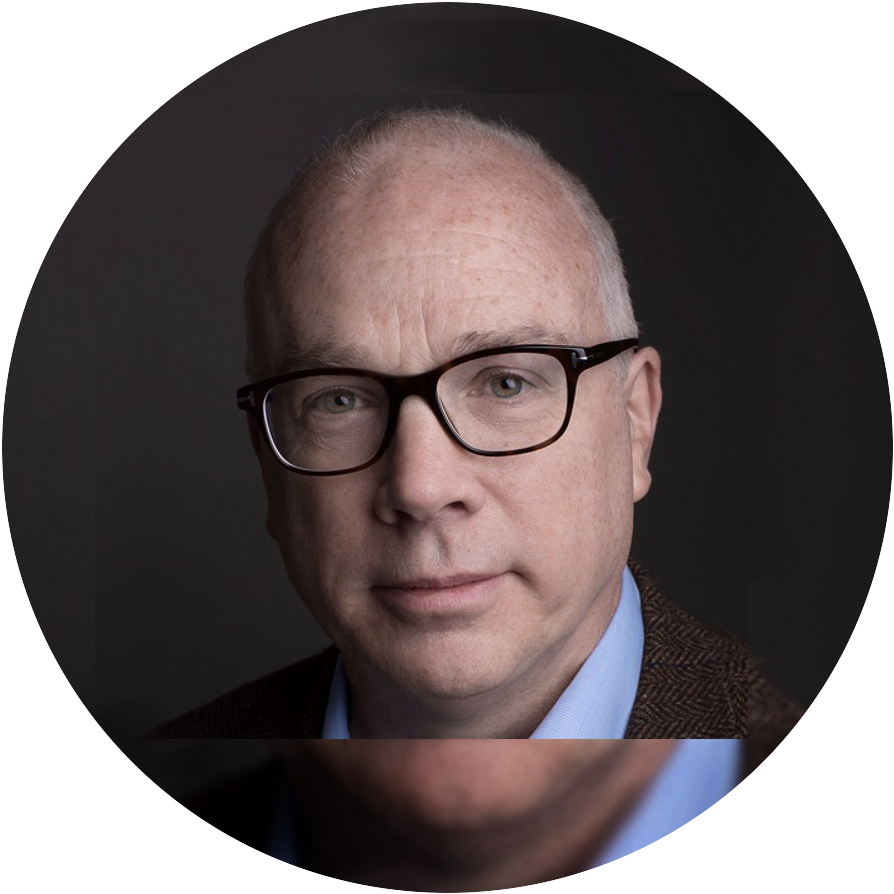
MR NOEL MCQUAID
An Exploration of the Uncanny and Mystical Influences on Leadership, in the Context of Rising Technological Complexity and Declining Organisational Certainty.
